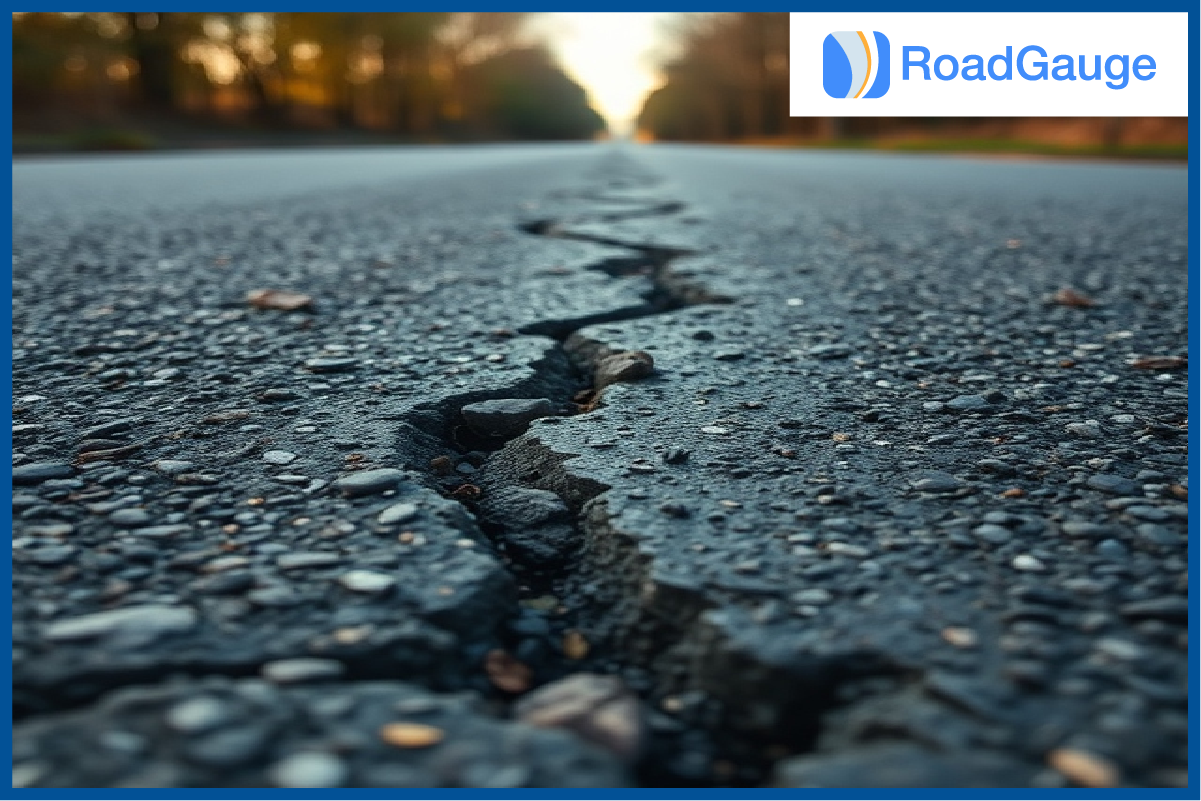
Cracks in roads and pavements are a widespread issue that can significantly impact infrastructure longevity. These visible fissures can take various forms, including transverse cracks (perpendicular to the road’s direction), longitudinal cracks (parallel to traffic flow), alligator cracking (resembling reptile scales), and edge cracks (occurring near the edges of roads or pavements). They are not just aesthetic flaws; they indicate underlying stress and potential structural failures.
Several factors contribute to the formation of cracks. Extreme weather conditions, such as temperature fluctuations, cause pavement materials to expand and contract, leading to stress. Heavy traffic loads, particularly from large vehicles, apply excessive pressure on the surface, resulting in fatigue over time. Poor construction practices, including inadequate base preparation or the use of low-quality materials, can also weaken pavements. Water infiltration exacerbates the problem by eroding the layers beneath the surface, while natural aging reduces the flexibility and durability of construction materials, making them more prone to cracking.
Detecting road cracks employs both advanced technologies and manual methods. High-resolution imaging systems mounted on vehicles are a primary tool, capturing detailed footage of the road surface. These systems often use high-speed cameras paired with advanced lighting setups to ensure visibility even in challenging conditions. The captured footage is analyzed using machine learning algorithms, which can detect cracks with high precision. These algorithms classify cracks by type, such as longitudinal, transverse, or alligator cracking, based on their patterns. Manual methods involve reviewing recorded videos of the road surface, where trained inspectors visually identify cracks and note their characteristics.
RoadGaugeAI, our web-based software, accurately detects cracks and measures the affected road surface area with precision down to square millimeters. It automatically classifies cracks into specific types, including longitudinal, lateral, alligator, block, and others. Moreover, RoadGaugeAI precisely measures crack widths down to the millimeter. If your roads have cracks wider than 5 mm, our software can also measure their depth. Want to learn more? Reach out at info@roadgauge.ai or visit our LinkedIn page.

